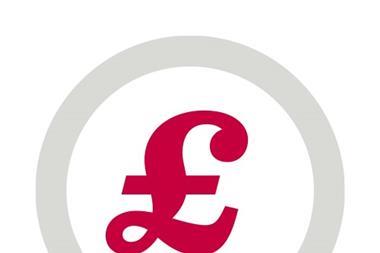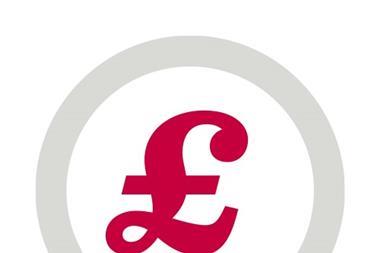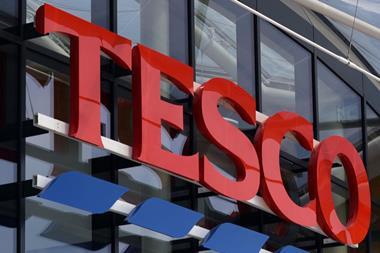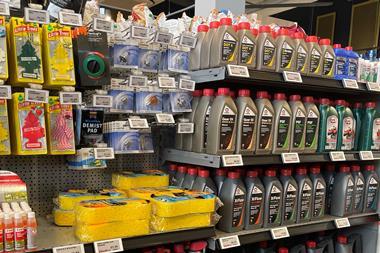Oil prices continued to rise as it became clear that the US was not securing a quick win to force President Nicolas Maduro from power in Venezuela, prolonging sanctions on the country’s oil exports.
Benchmark Brent crude oil futures ended February at $66.03/bl, gaining $4.14/bl on the month. Diesel prices were ticking up at the pump in response to the higher crude oil prices, but petrol was flat in line with stagnant international spot markets.
A typically clumsy attempt at price management by Donald Trump, asking Opec to increase production via twitter, pushed markets temporarily lower towards the end of February. Opec’s response was unambiguous with Saudi oil minister Khalad al-Falih confirming the country would stick to agreed cuts and an Opec senior source telling Argus that "decisions are based on market fundamentals, not political considerations".
The reality is that the combined loss of heavy and medium sour crude supplies to the global market from sanctions against Iran and Venezuela, as well as voluntary cuts from Opec and non-Opec producers, amount to a staggering 1.8m b/d in the first half of this year. The supply cuts were already started to cut into global oil stocks, with US inventories falling by 8.6m bl in just one week in February and oil prices are already up by 8.5% in 2019 alone.
The higher crude was pushing up prices for diesel on international spot markets, as was a slowdown in imports from Russia and the US and planned maintenance at some big European refineries. Retail markets were yet to see these rises fully reflected and there was scope for increases at the pumps.
Margins for refiners for gasoline improved, but fundamentals remain extremely weak with stocks very high in the key US market ahead of increased demand in the spring. Refiners will also be running down stocks of winter grade qualities ahead of the switch to the more exacting summer specifications.
The high-price volatility is a direct reflection of Washington’s increasing use of sanctions as a foreign policy tool and attempted management of crude prices by tweet is likely to see diminishing returns.






























No comments yet